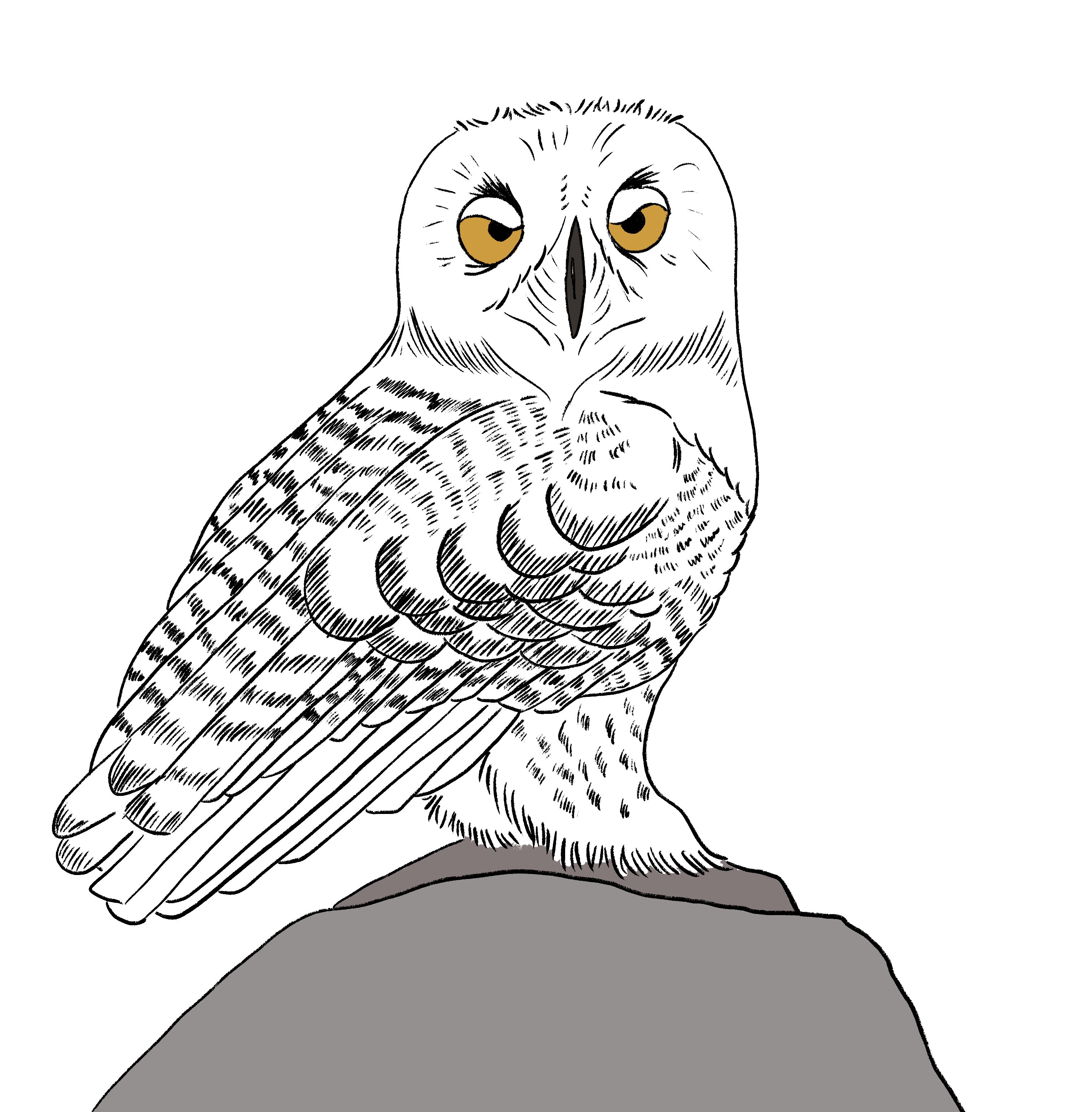
Verbs: The Most Important Parts of Your Sentence
By Nicholas Graziade on Writing docs from January 25, 2024
In 1983, Van Halen released the song "Jump,” as a prelude to their studio album 1984. It became their most successful single and dominated the airwaves for months to come. While Eddie Van Halen's guitar wizardry had long attracted legions of admirers, the synthesizer-driven song brought aboard a new legion of fans, albeit isolating a number of six-string diehards. Regardless, the song became a legendary hit from a legendary band. Singer David Lee Roth, not one to shy away from a good story, has shared some disparate tales of the song's inspiration from darkly goading someone to jump from a precipice to jumping at an opportunity in life that has briefly presented itself. Regardless of how "Diamond" Dave brought his lyrics to life, one thing is clear to all writers: "jump" is a verb; you can never go wrong with a good verb.
Keeping in mind that verbs are always a good choice, let's dive into some of the nitty-gritty details that make verbs such powerful choices.
What is a Verb?
I realize that I'm writing to other writers, so this might come across as a lame question. However, please hear me out! Beyond the textbook definitions, if you understand some of the more uncommon verb and verb-adjacent grammar, you can augment your already solid writing with some truly stellar choices.
At their most basic level, verbs occupy a fundamental role as a part of speech in the English language. Verbs convey the action in your sentence. They describe what a subject actually does. They express a state of being that the subject can occupy. For those more inclined toward grammatical jargon, they complete a sentence's predicate (i.e. they say something about the subject).
Most people intuitively know that verbs occupy the action role in a sentence, but we can go one step further and classify each verb as one that directly defines an action (runs, flies, screams, writes, integrates, processes, etc.) or one that links a subject to a state of being (is, was, has, looks, feels, etc.).
The following sample sentences use either an "action" or "linking" verb. See if you can figure out which is which.
- Alice recorded several hours of video footage for the nature documentary.
- The well-maintained old car looks like a new one off the lot.
- Ninety years is a long time.
- Enter your mailing address in the provided fields.
- English vocabulary was originally closer to other Germanic languages.
- The latest supersonic jet accelerates to Mach 1 in half the time of its predecessors.
You might think, "Cool. Verbs can be actions or connect things together. Neat. Why do I care?"
I'm glad you asked! This brings me to my first point about using verbs creatively: do not hide your verbs!
Hidden Verbs
Writers, particularly those who create for the non-fiction, scientific, journalistic, or technical realms, have a nasty tendency to cloud the meaning of their sentences with too many nouns.
Imagine that you’re reading a newsletter with a story about a revolutionary breakthrough in your field. Pretty cool, no? But then you come across this sentence:
“Dr. Flannery’s discovery of the solution to our latest engineering quandary caused her to be the recipient of the utmost accolades from her other colleagues on the research team who gave her due recognition for her innovative techniques."
Wow…that sentence is a doozy! Aside from its irksome length and lofty construction, it simply says that someone’s colleagues thanked her for solving a problem. In fact, there are several places in this sentence where the author has eschewed a good verb in favor of a bland nominalization (i.e. a word that functions like a noun rather than its actual part of speech) or verbal (i.e. a word or phrase that looks like a verb, but does not function as one). Let's look at the sentence and see which of these we could convert back to verbs.
- "Dr. Flannery's discovery of the solution" >> Dr. Flannery discovered a solution
- "Caused her to be the recipient of the utmost accolades from her colleagues " >> She received accolades
- "who gave her due recognition for her innovative techniques" >> who recognized her innovation
In general, if you have a verb, try not to hide it behind a noun.
There’s an insidious myth that nouns sound more intelligent or official, and many professionals fall into this trap. When I was in middle school, I learned the word "concurrence" (from the verb "concur") and thought that I was the smartest kid in school by saying "I am in concurrence" rather than "I agree." I am certain I frustrated a few of my teachers and many more of my peers. By using an overtly "clever" (i.e. ostentatious) noun, I sacrificed the power behind my words because the word itself distracted everyone from what I was actually trying to say. Imagine slamming your fist on the table in a heated argument and declaring "I am not in concurrence with your idea!" I, for one, have a hard time stifling my laughter at how ridiculous that scene would be. Now imagine the same fist slamming into the table with a curt and powerful "I disagree!" That has power. That is action in progress, and verbs are about action. They convey the meaning without questions or distractions. This is what gives them their strength!
Verb Power
Now that we have discussed hidden verbs, you might think, "I use verbs all the time, but people still find my prose weak. What can I do?"
This is where the great diversity of the English language will become your ally. Let's go back to our initial sample about Dr. Flannery. I can already point out a couple of drab actions that do not carry anything beyond a dreadfully neutral connotation.
"...caused her to be the recipient of the utmost accolades"
"...gave her due recognition for her innovative techniques."
Both verbs are in their simple past form (a topic for another article), but that's about the only thing that makes them stand out. Sure, identifying something she did caused her to receive accolades. Similarly, her colleagues gave her recognition for being innovative. However, if this discovery is truly a breakthrough — the result of research and development that will massively impact the field for generations to come — there is nothing in the sentence that lets me know.
Let's try revising these clauses to give them the "oomph" they deserve. Instead of saying "caused her to be the recipient of" (or even to say "she received") or "gave her due recognition," let's throw a few verbs into the sentence to convey both recognition and significance:
- Applause
- Celebrate
- Extol
- Honor
- Praise
I can admit that a few of these are generally too dramatic for technical content, science, research, etc. (after all, Shakespeare wrote in Hamlet "...but in the verity of extolment, I take him to be a soul of great article"). However, some of them might fit perfectly into a revision. For example:
"[Dr. Flannery's colleagues] applauded her discovery and praised her innovative techniques."
This has not only added some celebratory connotation to the sentence, but has also reduced the size and dependent clauses. The result: a clear and concise predicate.
Combining Techniques
Alright, now it is time to combine our techniques from above to revise our sentence into its ultimate form. We will remove any unnecessary nominalizations, give the verbs their proper weight, and make sure we still get the point across. Without further ado...
"The research team applauded Dr. Flannery's solution and praised the innovative techniques that let her overcome engineering obstacles."
Let's take an inventory of what we have done to improve this sentence. We have:
- Removed or rephrased all nominalized verbs.
- Improved the verbs we have used to add connotation.
- Restructured the sentence order to highlight the improved verbs.
- Maintained the overall meaning and intention behind the original content.
Hiding verbs behind nouns or hiding meaning with overused verbs will confuse your readers and will convey an imprecise or weak message. Always review your word choices. Nouns (especially when used with the passive voice) can not only obscure meaning, but they can take away agency from someone who deserves credit (after all, Dr. Flannery made the discovery). That said, nouns are essential parts of our sentences. Remember, a noun gives your sentence a subject, but once you've hit the predicate, a strong verb is almost always a clearer and more precise choice.


Writing docs
(225)

General posts useful to all documentarians about writing documentation, editing and publishing workflows, and more.


Feature spotlight
(11)

Your flight plan for how to get the most out of KnowledgeOwl features and integrate them into your workflows.


Announcements
(21)

Major KnowledgeOwl company announcements.


Customer stories
(8)

Learn how others are using KnowledgeOwl & get pro tips on how to make the most of KO!


Company culture
(36)

Find out more about who we are and what we value.


Support
(58)

We believe good support is the foundation of good business. Learn about support tools and methodology.


Tools
(40)

Learn more about tools to solve various documentarian issues, within and beyond KnowledgeOwl.


All
(344)

Not sure what category you need? Browse all the posts on our blog.

Got an idea for a post you'd like to read...or write?
We're always looking for guest bloggers.
Learn moreStart building your knowledge base today
- 30 days free (and easy to extend!)
- No credit card required
- Affordable, transparent pricing
- No cost for readers, only authors
Want to see it in action?
Watch a 5-minute video and schedule time to speak with one of our owls.


